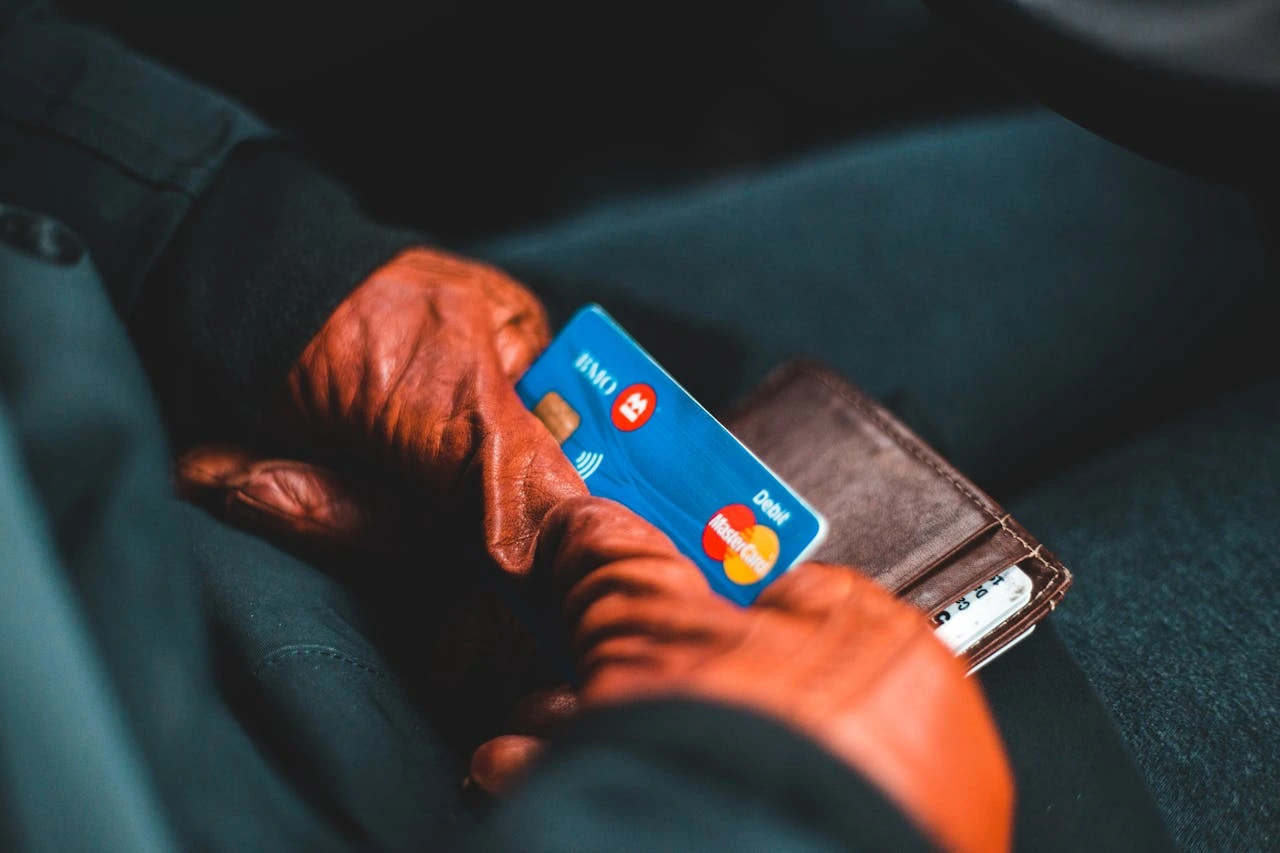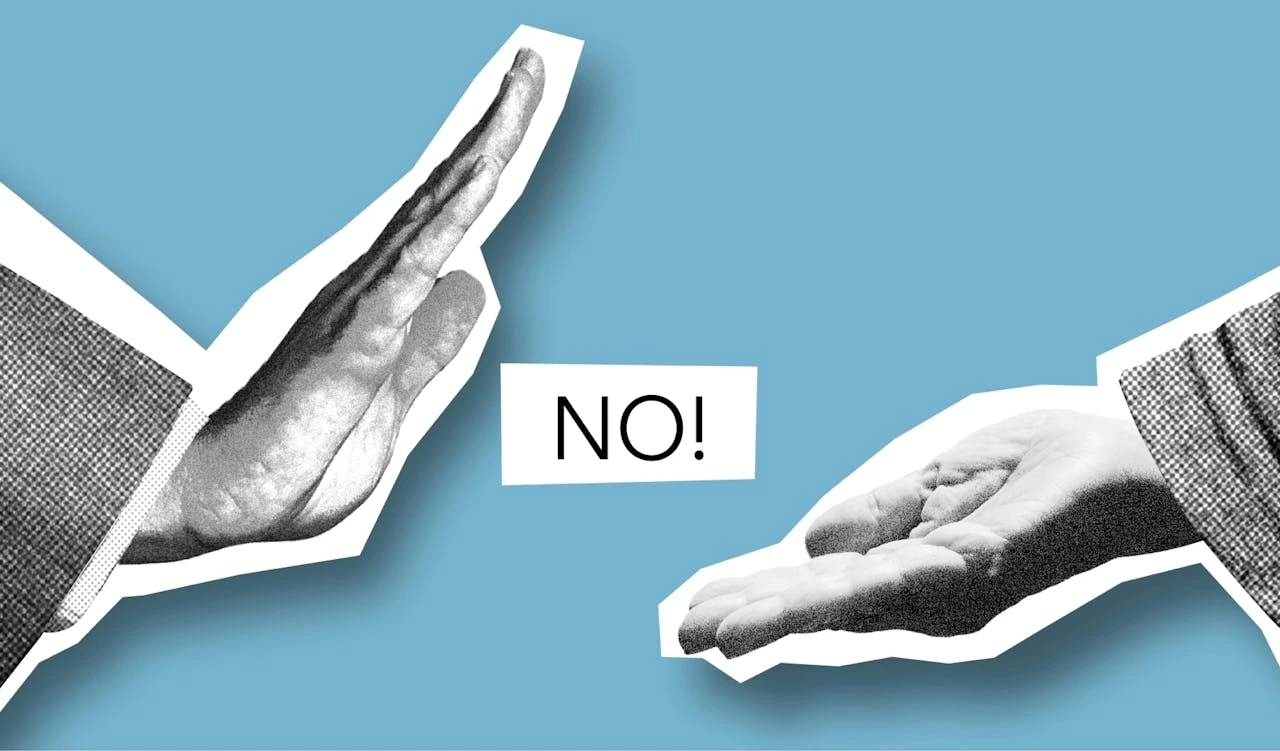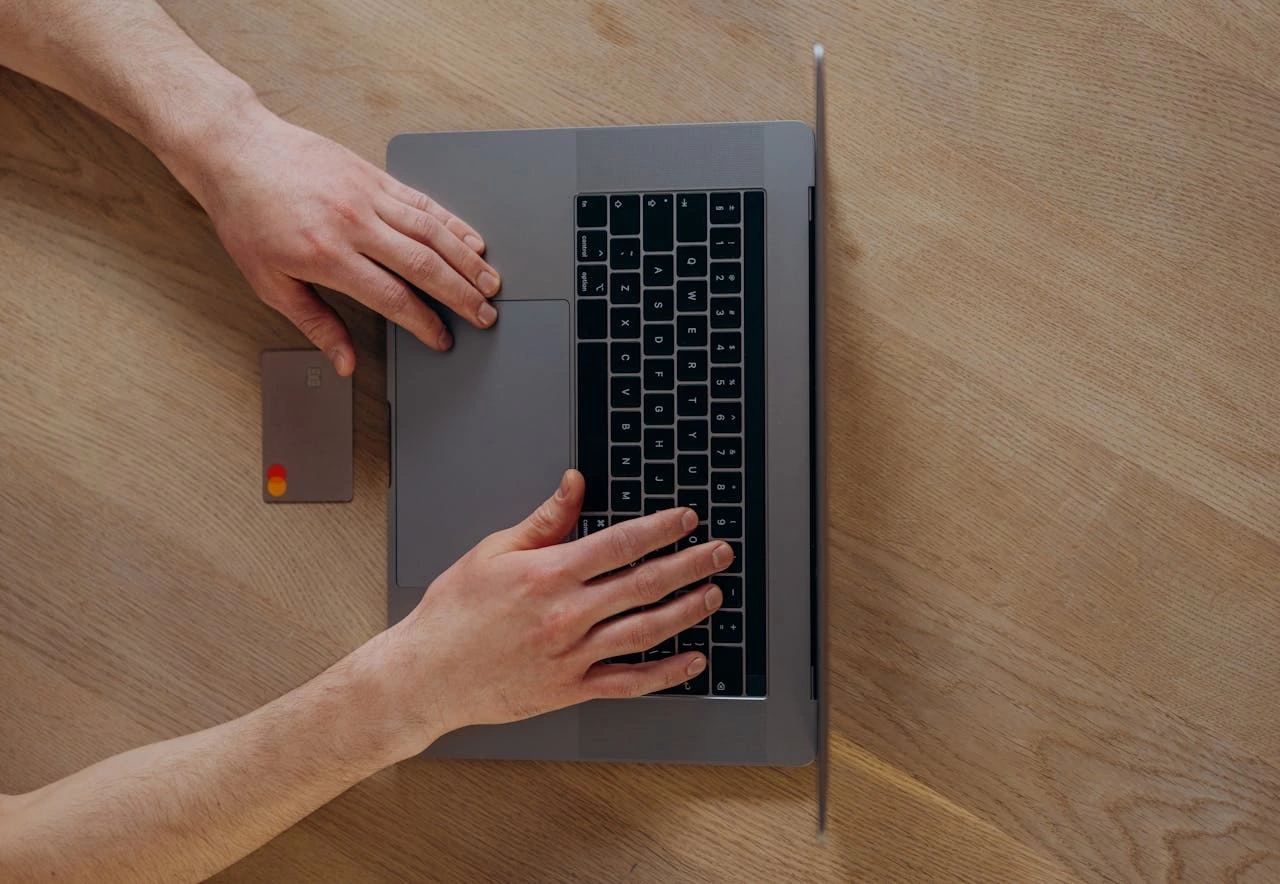Are Credit Cards Still Worth It in 2025?
In the Philippines, credit cards often get the same reputation as a double-edged sword, sharp, dangerous, and best left untouched. For many, they’re seen as shiny traps leading straight to outstanding balances, interest rates, and sleepless nights. It’s no wonder the old belief that “utang is evil” still echoes loudly across generations.
But it’s 2025, and the game has changed.
Today’s credit cards are more like financial tools than financial traps. Think of them as multi-purpose gear in your wallet: they help you build credit, handle unexpected expenses, earn rewards, and even unlock doors to exclusive perks like gift vouchers, travel insurance, and lounge access, benefits you’d never get from plain old cash or a basic debit card.
Used wisely, a starter credit card can be your first step toward financial independence. It’s not about swiping beyond your credit limit, it’s about learning how to spend with purpose and plan for the long term.
So if you've been told to avoid plastic at all costs, it’s time to rethink. Saying no to a credit card might just mean saying no to smarter, more flexible money choices.

Common Credit Card Fears in the Philippines
You’ve probably heard these before:
- “I’ll get buried in debt.”
- “Interest rates are too high.”
- “I can’t trust myself not to overspend.”
- “Cash is safer.”
These fears are valid, if you use a card without a plan. But just like owning a car doesn’t make you reckless, owning a credit card doesn’t make you irresponsible. The key is how you use it.

What Changed in 2025?
Credit cards in the Philippines have come a long way, especially with how banks and financial institutions are using tech to support smarter spending.
Here’s what’s new and better:
According to BSP’s Financial Inclusion Dashboard, access to digital payments and financial tools is steadily improving across the country—credit cards included.
.webp)
When Credit Cards Make More Sense Than Cash or Debit
Not all spending is equal. Sometimes, your debit card or cash, just isn’t enough.
Here’s when a credit card actually works better:
- For large or urgent expenses: Hospital bills, repairs, or unexpected expenses can be covered, then paid in installments.
- To build credit: Responsible use builds your credit history, a must if you plan to get a car loan or mortgage someday.
- Online purchases: Most credit cards offer ecommerce purchase protection, unlike cash or basic debit cards.
- For perks and freebies: Some cards offer airline miles, lounge access, or gift vouchers for your spending categories.
- To track and budget: You can categorize your expenses and even get alerts for overspending.
As mentioned by CreditCard.com.ph (non-competitive site), most credit cards now offer expense monitoring tools that rival budgeting apps.

How to Choose the Right Credit Card
Picking the perfect credit card is like dating, it needs to match your lifestyle, habits, and financial goals.
Here’s how to start:
- Assess your spending habits
If you frequently shop online, consider a card with rebates, earn rewards points, or even 0% interest promos for certain spending categories. - Check the fees
Know the annual fees, foreign transaction fees, cash advance rates, and other fees. Some banks waive fees for the first year or more. - Look into the perks
Choose between cash credits, travel insurance, exclusive rewards, or even welcome gifts like gift certificates. - Understand your credit standing
If it’s your first credit card, go for starter credit cards with simple eligibility criteria. Good examples include the BPI Amore Cashback Card and the UnionBank Rewards Visa Platinum. - Review eligibility and required documents
You’ll usually need a proof of income, valid ID, and sometimes a mobile number verification.

When NOT to Get a Credit Card
Despite the advantages, a credit card isn’t always the right move. Avoid applying if:
- You don’t have stable income or savings.
- You have trouble paying your full balance each month.
- You’re prone to impulse buying.
- You already have multiple unpaid cards or loans.
- You think of it as “free money.”
Remember: The outstanding balance accrues interest rates of up to 2–3.5% monthly. That’s 20–40% annually if left unpaid.


Conclusion
Final Thoughts
So, are credit cards worth it in 2025? If you know how to steer, then yes, without question.
A credit card in today’s world is no longer a financial trap, it’s a well-tuned vehicle. With the right credit card provider, you’re not just spending, you’re unlocking a map of exclusive rewards, shopping credits, and cash rebates tied to your real-life needs. From utility bills to online purchases, from partner stores to airline lounge access, most credit cards today are tailored to your journey, not someone else’s.
But just like any ride, misuse will get you off-track. It’s not the card, it’s how you drive it.
At Finmerkado, we believe in empowering smarter financial choices. Start by choosing the best credit card that matches your lifestyle, whether it’s a Visa Platinum for frequent travelers, or a starter credit card with low annual fees for young earners. Pay on time, avoid relying on cash advances, and if needed, extend your benefits with supplementary cards for loved ones.
Building credit isn’t about spending more, it’s about spending with intention. And financial independence? It doesn’t begin with cash. It begins with confidence, strategy, and the right financial tools in your pocket.
External Sources
- BSP Financial Inclusion Dashboard
- CreditCard.com.ph – Credit Card vs. Debit
Frequently Asked Questions
The BPI Amore Cashback Card and PNB Ze-Lo Mastercard are great starter credit cards with low annual fees and flexible requirements.
Use it regularly for small purchases, pay on time, and always try to settle your full balance.
Yes—most credit cards come with purchase protection, fraud alerts, and ecommerce safeguards.
Besides annual fees, look into foreign transaction fees, cash advance charges, and interest rates for unpaid balances.
Yes. Many cards let you earn rewards or cash rebates in certain spending categories, even with monthly spends as low as ₱5,000.

BPI offers many financial options for varied purposes. BPI offers personal, commercial, investment, and credit products and services to meet various financial needs. This makes financial management easier for individuals and organizations by providing a one-stop banking solution.

UnionBank offers accounts, loans, credit cards, and investments to meet varied customer demands. The bank makes banking transactions easy with years of knowledge and a large branch network around the Philippines.
BPI Amore Platinum Cashback Card

- Get 4% cash back on dining and online delivery spend
- Get 1% cash back on supermarkets and department store spend
- Earn up to 0.3% cash back on other international and local retail spend
- Enjoy exclusive perks and deals at any Ayala Malls nationwide
- One of the lowest forex conversion rates at 1.85%
- Ideal for people who enjoy shopping while saving
Metrobank M Free Card

- NO annual fee for life
- NO minimum spent requirement
- Worldwide acceptance 0% installment programs
- Exclusive Promotions and Offers
- Ideal for those looking to maximize financial control and convenience











